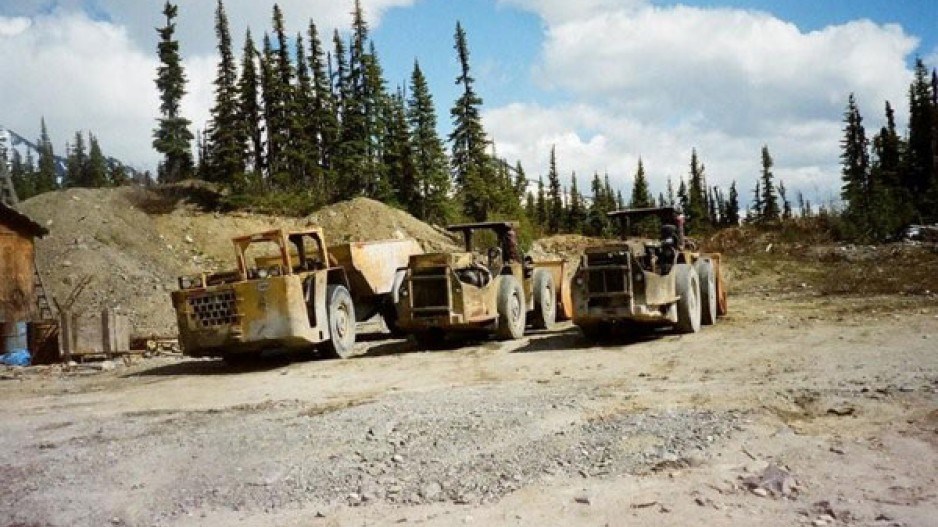A junior mining company is asking the B.C. Supreme Court to quash a transfer of land as part of an interim treaty settlement that the company claims is a de facto expropriation of its mining rights.
China Minerals Mining Corp. (TSX-V:CMV) and its subsidiary, Cassiar Gold Corp., filed a petition in B.C. Supreme Court today (January 25) that asks the court to quash a decision by the B.C. government to transfer Crown land to the Kaska Dena First Nation as part of an incremental treaty agreement.
The company claims the province did so without even informing the company of its plans.
Although the transfer does not necessarily extinguish the company’s subsurface mineral rights, the company is viewing it as a de facto expropriation of rights, since the Kaska Dena have plans for a run-of-river power project on the same land where Cassiar Gold planned to build a mine.
“Their rights have been effectively expropriated by the conduct of the government,” said Joan Young, a partner at McMillan LLP, the firm representing Cassiar Gold.
“They’ve just given over the land to this third party. The third party has interests in doing things on the land that are inconsistent with Cassiar’s desire to develop a gold mine.”
The Cassiar Gold project covers 58,900 hectares of land in the central North part of B.C. known as the Liard mining district. Some of the claims are on a previously operating mine at the Table Mountain property.
According to its petition to the court, the company has spent $36 million since 2008 on acquiring title, drilling and other exploration work. The company has a $42 million deficit, according to its most recent financial statements.
The company alleges that, in April 2013, “without any prior consultation with or notice to the petitioners,” the Minister of Aboriginal Relations and Reconciliation signed an interim treaty agreement with the Kaska Dena that transfers Crown land to which Cassiar has mineral rights.
In a letter to the company, the government suggested the transfer of title should have little impact on the company’s subsurface rights, and that the company simply had “a new landlord.”
But the company claims the run-of-river hydro project that the Kaska Dena have planned overlaps the mineral claims.
“You can imagine, if the landowner doesn’t wish somebody to be mining on their land, the likelihood that the company would ever be able to proceed with a gold mine under those circumstances would be very limited,” Young said.
Young said the decision by the B.C. government to transfer Crown lands as part of a treaty settlement – interim or otherwise – without even informing holders of mineral rights should be of concern for all companies involved in resource extraction in B.C.
“We think this is unprecedented,” Young said. “I think this case will be watched by a lot of people in not only the mining industry but just the resource industry generally. Because if it could happen to Cassiar, it could happen to anyone.”




